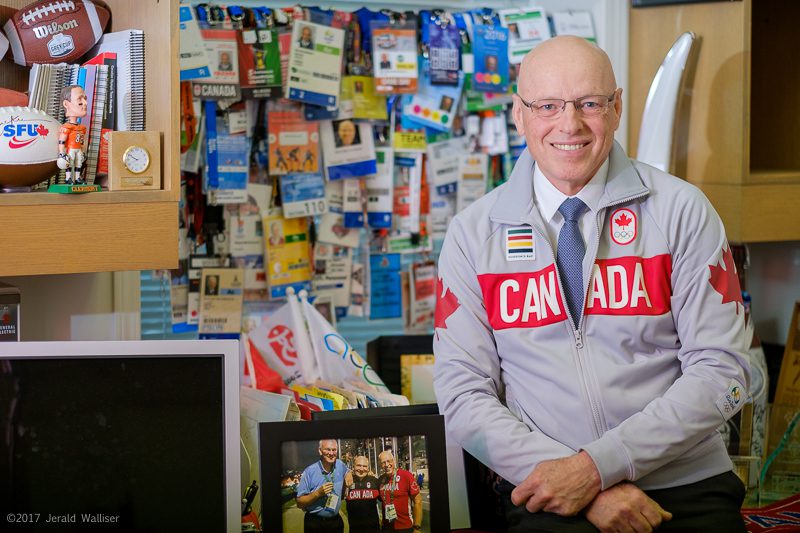
RM: This will be my 10th Olympics as the team doctor. I started off in 2000 as the orthopedic surgeon for the Canadian team, and then in 2004 became head of the medical team. I have been at each Summer and Winter Games since then. Between Games, I am organizing things. There is a lot of planning before the Games to make sure everything is optimized, so the athletes can perform their best.
Foundation: What are your team’s main responsibilities?
RM: We are responsible at the Games for keeping the athletes healthy in terms of injury and illness. It’s not uncommon to have injuries, because athletes are always pushing the envelope. But if somebody has had injuries or illnesses like the flu, if they are not able to perform at their best, they are unlikely to be successful. We have to make sure people are at optimal health for performance.
Foundation: Aside from treating injury and illness, how else does your team help athletes become optimally prepared?
RM: We have to prepare them for a different level of stress. Some of these athletes have competed in relative anonymity, and then all of a sudden, there are 2,000 athletes and 10,000 media. All of a sudden they are in the spotlight. The levels of stress are much higher. It’s not always the best athlete that wins but the one that is best prepared to handle the Olympic environment. That’s why we actually have more sports psychologists than we do doctors at the Winter Games, because mental performance is as important for their success.
Foundation: The Olympics always have memorable moments. Do you get swept up in all of that?
RM: It’s hard not to get excited about the Olympics. It’s great. But as a sports medicine physician, it’s actually really important you don’t get swept up in the highs and lows. I’ve always said I can’t get too high or too low, because then I run the risk of making decisions that are in the best interest of the team rather than the individual, which is my priority.
